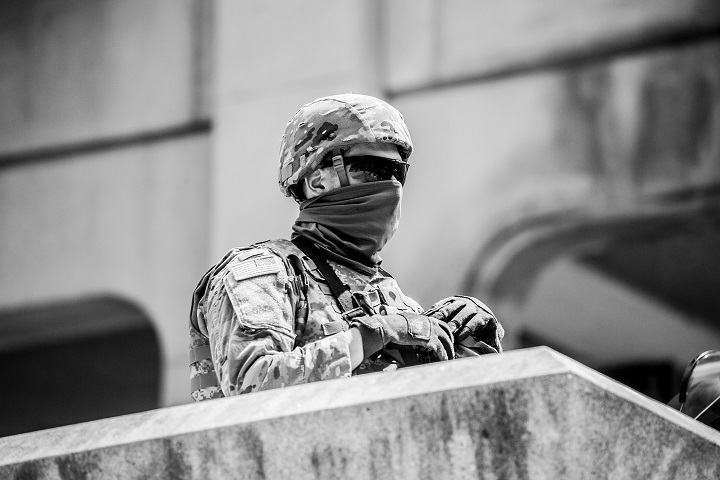Plate carriers are an essential component of any defense and tactical mission, and they are no longer exclusive to military and law enforcement personnel. Due to the increasing demand for personal protection, the use of plate carriers has become more prevalent among civilians looking for added safety. However, the options are numerous and overwhelming, making it difficult to select the best plate carrier for civilian defense. This comprehensive guide will provide you with all the information you need to make an informed decision.
A plate carrier is a modular vest designed to hold front and back armor plates, providing ample protection against ballistic threats. It is an essential component of any tactical setup, and civilian use has surged over the past few years. Here is what you need to know before buying a plate carrier:
Material and Weight:
The material provides durability, comfort, and ease of use, while weight affects mobility and endurance. Plate carriers are made of nylon or Cordura, with Cordura known for enduring harsh environments. It is essential to know the weight of the carrier you intend to purchase, as it affects your mobility and endurance.
Plate Capacity and Sizing:
The plate capacity of a carrier refers to the number of plates it can hold, while sizing refers to the correct fit. The most common carrier size used is Medium, but be sure to take precise measurements before purchasing. Plate carriers can hold front and back armor plates, while others have side plates for added protection.
MOLLE and PALS Webbing:
MOLLE and PALS webbing are used for attaching accessories such as magazine pouches, medical pouches, and communication equipment. MOLLE stands for Modular Lightweight Load-carrying Equipment, while the PALS or MOLLE webbing refers to the weaving system that enables the attachment of equipment. Ensure your carrier has ample MOLLE and PALS webbing, preferably around 500D, for durability.
Comfort Features:
A plate carrier can be a heavy and uncomfortable piece of gear, which can affect your endurance and mobility. Ensure the carrier has padding and ventilation to reduce discomfort and heat buildup. The use of flexible and stretchable materials assists in ensuring a proper fit and enhances mobility and comfort.
Price:
Plate carriers vary in price, and it is essential to stay within your budget. Plate carriers used by military and law enforcement personnel can be expensive, reaching hundreds of dollars. Seek value for your money, ensuring the carrier’s quality and features meet your requirements.
When purchasing a plate carrier for civilian defense, keep in mind the carrier’s quality, sizing, plate capacity, MOLLE and PALS webbing, comfort features, and price. Also, ensure the carrier meets your specific requirements before making any purchase. With the information provided in this guide, you can now confidently choose the best plate carrier for your needs and enjoy the protection they provide.
For more great articles, please click here.
